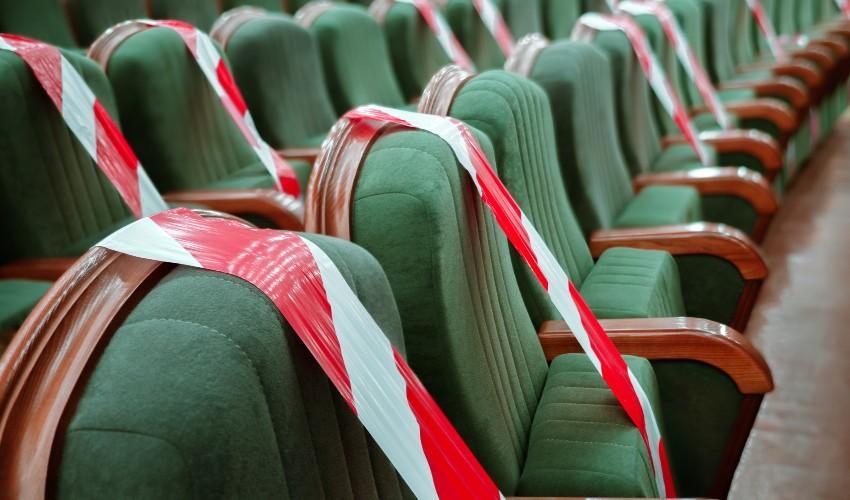
A Missed Opportunity for the Cultural Sector
THE LOCKDOWN PERIOD HAS NOT BEEN EXPLOITED FOR INCREASING INTERNAL EFFICIENCY OF THE CULTURAL SECTOR, WHICH NEGATIVELY REFLECTED ALSO OUTSIDE THE ENTERTAINMENT WORLD AND THE ECONOMIC SPHERENever as during the pandemic have public funds supporting theaters and the performing arts proved so crucial for survival. However, the period of forced closure for the cultural industry was not interpreted as an opportunity to take stock and make internal organization more efficient. It was the chance to streamline decision-making processes or increase the number of productions -the cost of shows dropped and there was an influx of state resources. Therefore, "if it is true that, without public support, theater and the arts lose their sustainability", underlines Andrea Rurale (SDA Bocconi Arts and Culture Knowledge Center-ACKC), "at the same time it is necessary to rely more on private fundraising, which can push cultural institutions more forcefully towards internal efficiency and the adoption of innovative models.
It is not just a question of increasing overall resources available to cultural institutions but to open them up to experimentation,” argues Rurale, recalling how, for example, “during the lockdown, many shows were staged online but they were often offered for free, which to say the least, did not allow theaters to test new revenue structures". Finally, according to Rurale, theaters should focus on the acquisition of new skills, ranging from digital to marketing, from process engineering to artificial intelligence.
These reflections are contained in the study “The Impact of COVID 19 on the Future of Performing Arts: A Survey of Top Industry Executives in Europe and the US”, which includes the contribution by Rurale for Italy (13 institutions considered) as well as analyses for 28 cultural entities in France, Spain, Germany, Great Britain and the United States.
The negative consequences of this missed opportunity reverberate outside the entertainment world and the economic sphere. Just think of the adverse consequences on the social dimension, such as the lower involvement of individual citizens who participate in the cultural life of their territories. We also cannot forget those countries where schools do not offer music or theater classes and cultural institutions are among the only places where young people can learn and educate themselves about the cultural heritage of their country.
by Camillo Papini
